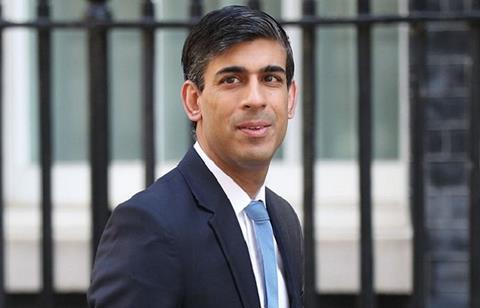
Spending Review 2020: The national living wage is to increase by 2.2% from £8.72 to £8.91 per hour for employees aged 23 and over from April 2021.
The increase, which is based on recommendations from the Low Pay Commission, was announced by Chancellor Rishi Sunak (pictured) in his Spending Review on 25 November 2020.
The Spending Review documentation stated: “This decision balances the ambitions of the government’s long-term target for the [national living wage] to reach two-thirds of median earnings by 2024 (subject to economic conditions) and helps ensure that the lowest-paid workers continue to see pay rises without significant risks to their employment prospects. In total, the annual earnings of a full-time worker on the [national living wage] will have increased by £4,030 since its introduction in April 2016.”
From April 2021, the national minimum wage will also increase. For 21 to 22 year olds, this will rise from £8.20 to £8.36 per hour; for 18 to 20 year olds, it will increase from £6.45 to £6.56 per hour; for 16 to 17 years old, this will rise from £4.55 to £4.62 per hour; and apprentices will see an increase of 3.6% from £4.15 to £4.30 per hour.
In addition, the government will increase the 2021-22 income tax personal allowance and higher-rate threshold in line with September 2020’s consumer prices index figure. It will also use this figure as the basis for setting all national insurance limits and thresholds for 2021-22.
Ben Willmott, head of public policy at the Chartered Institute of Personnel and Development (CIPD), said: “The CIPD welcomes the government’s decision to accept the recommendation of the LPC to increase the NLW by 2.2% from next April and to lower the age threshold to 23.
"We believe that this decision helps protect both employee earnings and jobs in those sectors disproportionately affected by the pandemic.
















